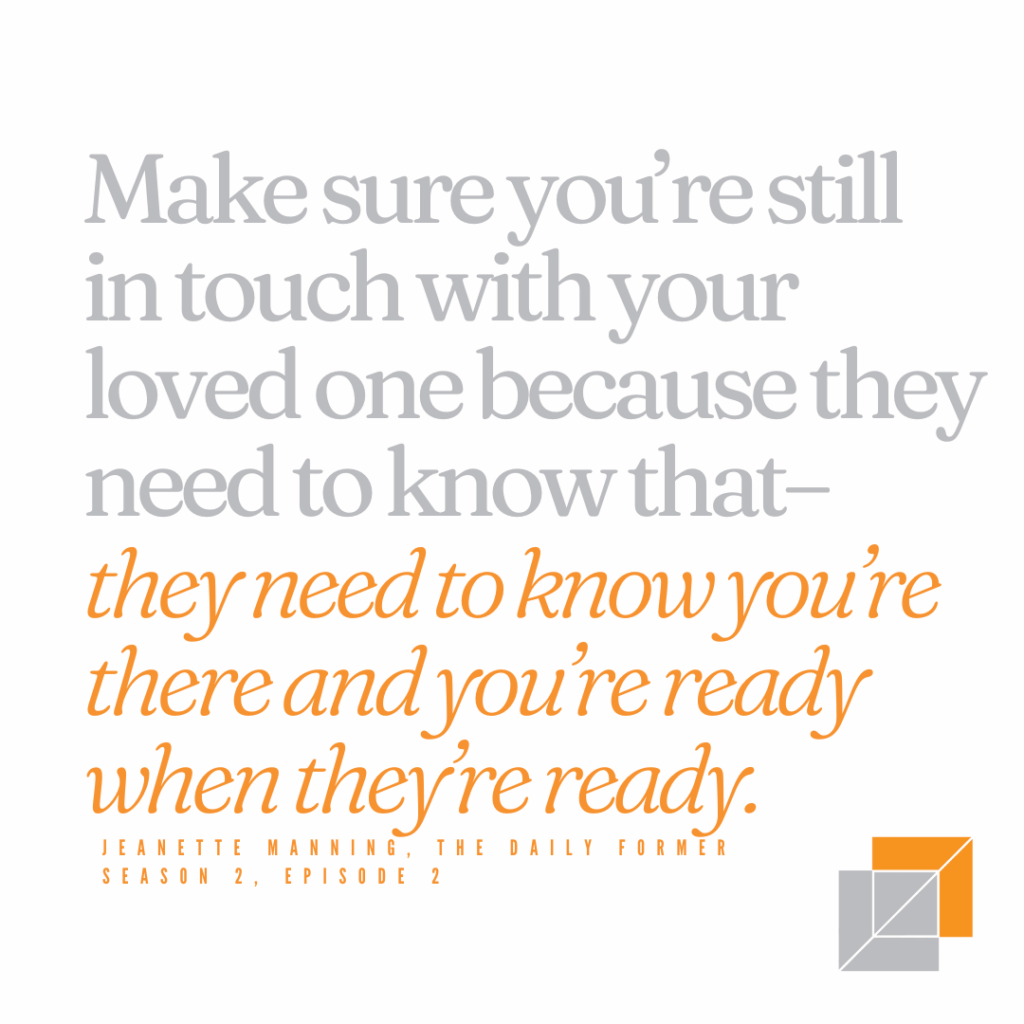During this time of gathering with loved ones, we wanted to compile and share resources for those looking to exit lives of hate and extremism and those who care about someone in a hate group. Keeping an open line of communication between loved ones and those involved in extremist groups maximizes the likelihood that the individual will consider pathways to exit. The most important thing to remember is that you are not alone in this. We have a trove of resources to support you through this.

If You Love Someone in a Hate Group or with Extremist Views
Get help: talk to a case manager here.
A comprehensive version of our resource guide, “What to do when a loved one sides with white supremacists” is available to read and download here.
We also recommend the book, Walking Away from Hate by Jeanette and Lauren Manning. This book offers wisdom and hope to families and extremists who’ve been separated by hate.
Season 2, Episode 2 of The Daily Former podcast, “How to Support Someone Leaving, Pt. 1” with Jeanette Manning. Part 2 is here.
Read an interview with an Intervention specialist here.
Tony McAleer’s guide here.
How to recognize the different stages of change for leaving extremism behind.
If You are Seeking Support to Leave a Life of Hate
You don’t have to go it alone. Get Help.
What to expect when working with a case manager at Life After Hate.
The Daily Former Podcast is created and curated by former extremists. In each episode, the hosts share stories, commiserate about our challenges, celebrate our wins, air our grievances about the movement, and show you that sometimes, quitters do win.
Season 2, Episode 1 of The Daily Former podcast, “How to Come Clean to Your Family.”
Read how our co-founder, Angela King, left hate behind and how her journey inspired Life After Hate.
Listen to other stories of those who have successfully exited.
Relationships with your family can be spotty and strained during your time in the movement, but open conversations can help ease the strain.
Whether you are looking for support in leaving or hoping to help someone leave, the road is oftentimes long and certainly not linear. But the important thing to know is that it’s possible to start moving toward a life of acceptance, humanity, and love.

